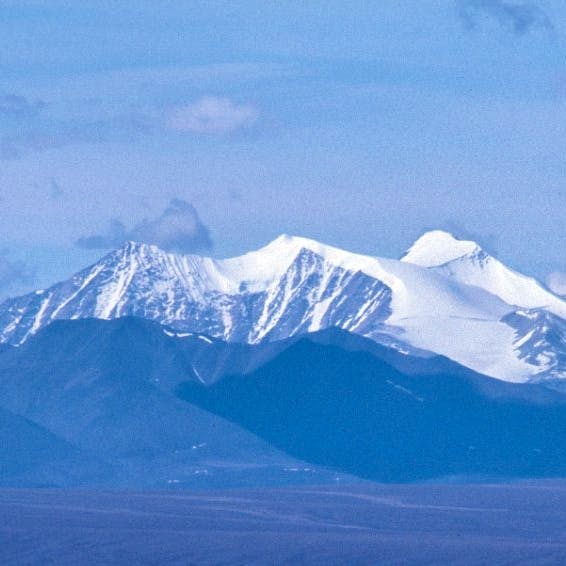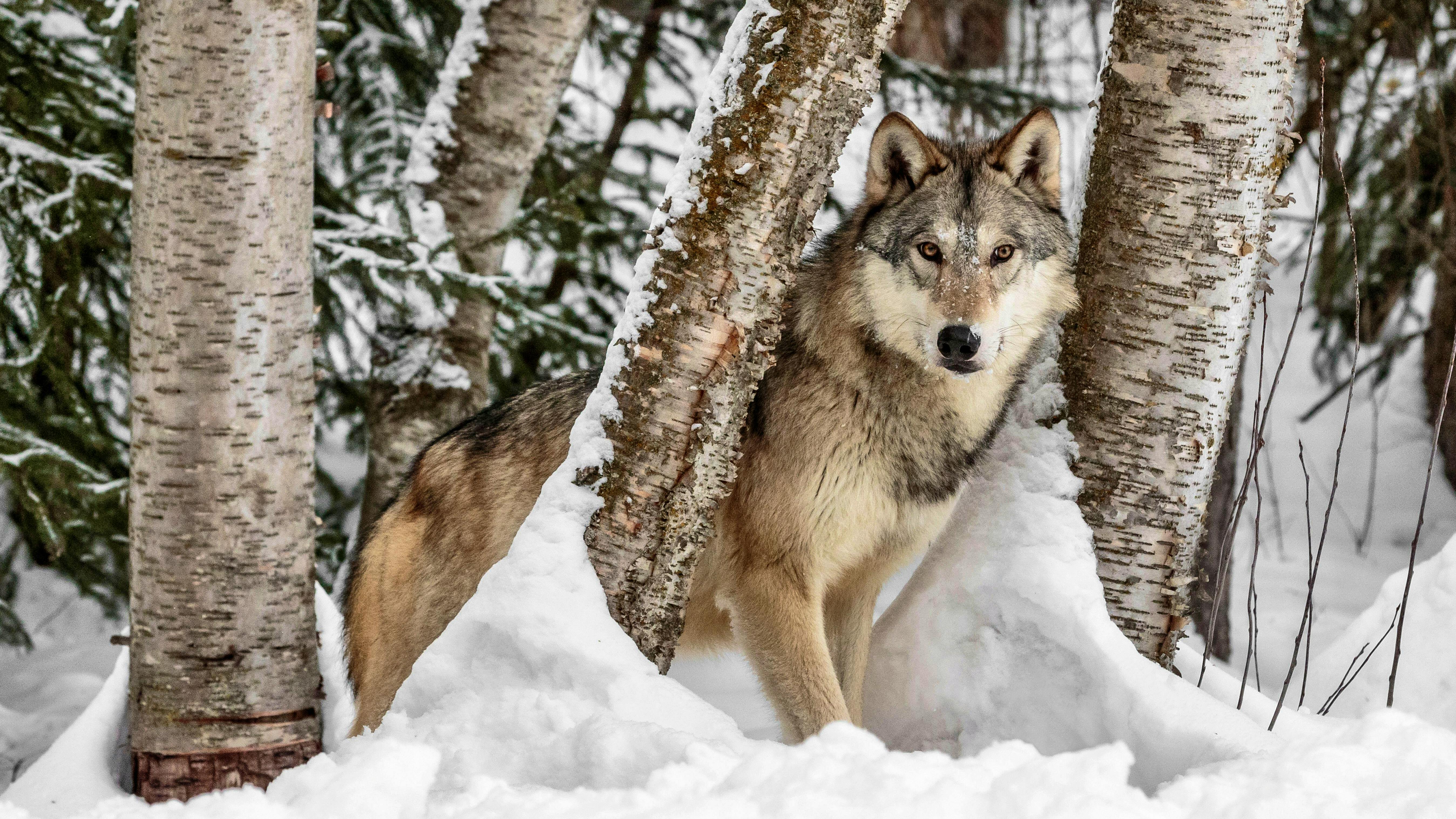FOR IMMEDIATE RELEASE
Contact: Melanie Gade, (202) 772-0288; mgade@defenders.org
Date: January 14, 2016
Yellowstone’s plan: Switch from bison slaughter to restoration
MAMMOTH, Wy. – The National Park Service (NPS) announced this week it will proceed with a plan to relocate some of Yellowstone’s bison to tribal and public lands for restoration, a much needed alternative to the highly contentious program of shipment to slaughter currently employed by NPS to reduce bison population numbers each winter.
For the next 30 days, NPS will take public comment on a plan that would establish a facility to test Yellowstone bison for disease. The plan will enable healthy bison to be sent to willing public and tribal lands for conservation, rather than sent to slaughter.
Steve Forrest, Defenders’ senior representative for the Rockies and Plains, issued the following statement:
“Yellowstone bison are our nation’s most genetically valuable bison. They are essential in our efforts to restore this species across North America. For too long, Yellowstone bison have been needlessly shipped to slaughter. This new plan will allow healthy Yellowstone bison to escape senseless slaughter and instead, be relocated to start new conservation herds on willing tribal or public lands. It’s a win-win proposal for the bison and for the American public, one which we fully support.”
Background:
Even though the Yellowstone herd is the nation’s largest wild bison population and is free of all cattle DNA, these valuable genes have been essentially “trapped” within the confines of Yellowstone due to the groundless and unsubstantiated fear that bison could transfer disease to cattle. Although the disease “brucellosis,” initially introduced to North America through livestock, is now found in some Yellowstone bison, bison have not been implicated in a single case of transmission of brucellosis to cattle in the wild.
In 2014, working with diverse Montana constituencies –state, tribes, citizens and NGOs– Defenders led the effort to relocate over 130 genetically pure Yellowstone bison to Fort Peck Reservation near Poplar, Montana. These bison were the first “graduates” of a 15-year effort to study the feasibility of quarantining and testing for brucellosis, led by Montana Fish, Wildlife and Parks. The success of this effort demonstrated that operational quarantine and relocation can be accomplished effectively and safely. Today’s proposal will build on the success of the feasibility study.
###
Get the latest Defenders news on Twitter @defendersnews.
Past press statements are available in our newsroom and be sure to visit our multimedia library and reporter resources pages for more info, including free-use photos.
Defenders of Wildlife is dedicated to the protection of all native animals and plants in their natural communities. With more than 1.2 million members and activists, Defenders of Wildlife is a leading advocate for innovative solutions to safeguard our wildlife heritage for generations to come. For more information, visit
For over 75 years, Defenders of Wildlife has remained dedicated to protecting all native animals and plants in their natural communities. With a nationwide network of nearly 2.1 million members and activists, Defenders of Wildlife is a leading advocate for innovative solutions to safeguard our wildlife for generations to come. To learn more, please visit https://defenders.org/newsroom or follow us on X @Defenders.
News

Defenders Slams Trump Interior Pick Burgum

